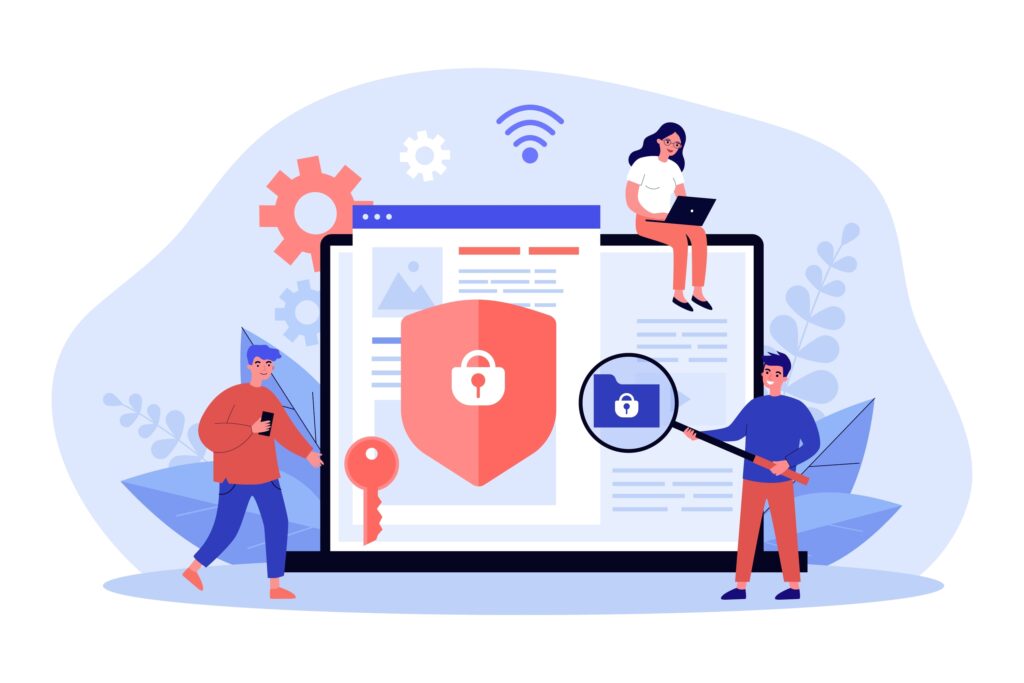Stay Anonymous: Tips and Tricks for Removing Your Data from the Web

In today's digital age, it can feel nearly impossible to keep your personal information private. From social media platforms to online shopping sites, our data is constantly being collected and shared. However, there are steps you can take to regain some control over your online presence and stay anonymous. Here are some tips and tricks to help you remove your data from the web and protect your privacy.
One of the first things you can do is to perform a search for yourself online. This will give you an idea of what information is already out there about you. Look for any personal details such as your full name, address, phone number, or email address. Once you have identified this information, you can start the process of removing it from the web.
One of the easiest ways to remove your data from the web is to contact the websites that are displaying your information. Most websites have a contact or support page where you can request to have your information removed. Be sure to be clear and concise in your request, providing any relevant details that will help them locate and remove your data quickly.
If you are having trouble getting a response from a website, you can also try using an online data removal service. These services are designed to help individuals remove their personal information from the web quickly and efficiently. While some services may charge a fee, the peace of mind that comes with knowing your data is no longer easily accessible online may be worth the cost.
Another important step in removing your data from the web is to review and adjust your privacy settings on social media platforms. Many social media sites allow you to control who can see your profile and what information is shared. Take the time to review and update these settings to ensure that only the people you trust can access your personal information.
Additionally, be cautious about the information you share online in the future. Think twice before posting your full name, address, phone number, or other sensitive details on social media or other websites. Remember that once information is online, it can be difficult to completely erase it.
It's also a good idea to regularly monitor your online presence. Set up Google Alerts for your name so that you are notified whenever new information about you is posted online. This will allow you to stay on top of any new data that may be published and take action to remove it promptly.
Consider using a virtual private network (VPN) to help protect your online privacy. A VPN encrypts your internet connection, making it more difficult for third parties to track your online activity. This can help you stay anonymous while browsing the web and prevent your data from being collected by advertisers or other parties.
Finally, consider opting out of data brokers and people search websites. These websites gather and sell personal information, making it easy for anyone to access your data. By opting out of these services, you can reduce the amount of personal information that is available online and help protect your privacy.
While it may be challenging to completely remove all traces of your data from the web, taking these steps can help you regain some control over your online privacy. By being proactive and vigilant about protecting your personal information, you can stay anonymous and reduce the risk of your data being misused or exploited. Remember, your privacy is valuable, so take the time to safeguard it online.